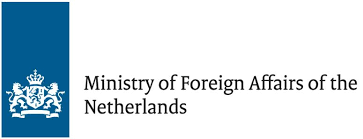Community / Land projects / Research and advocacy project - Promoting pro-poor, climate compatible energy for poverty reduction
Research and advocacy project - Promoting pro-poor, climate compatible energy for poverty reduction

€0
04/16 - 03/17
Voltooid
This project is part of
Implementing Organisations
Donors
Data Providers
General
The overall aim of this project is to promote informed, inclusive and integrated local and national discussion of the economic, environmental and social cost-benefit analysis of different energy pathways for sustainable economic development and poverty reduction in Kenya. In particular, the aim is to frame this discussion from an “energy for national development” rather than – or rather than solely – a “climate protection” perspective in order to get greater political traction. The project comes at a critical time for influencing the implementation and financing of Kenya’s national energy and climate change policies . Kenya’s 2030 economic vision is for a 10% increase in GDP from 2012 onwards with energy as one of the key sectors for reform. In terms of its development needs, the Kenyan population is growing at a high rate, which has led to increase in demand for resources such as energy, food, and infrastructure – in the case of energy access, population growth is outstripping electrification. 67% of Kenyan citizens live in rural areas. Up to 90% of people living in these areas lack access to electricity, and rely on crude and unsustainable forms of energy supply such as traditional bio-mass. This project also reflects a crucial moment for local development in Kitui County, where CAFOD’s strategic partner Caritas Kitui works. Planned open-cast, lignite coal extraction in the Mui Basin, Kitui County starting in 2016 could have potentially devastating economic, social, and environmental impacts on local communities, including on their food and water security and their land rights. Again, there is a huge information and analysis gap among local communities, and other stakeholders, including County and National government, and Catholic Bishops on the implications of the coal investments for sustainable economic development and poverty reduction in Kitui. It is vital that a baseline study be carried out before any coal investment-related activities begin.



